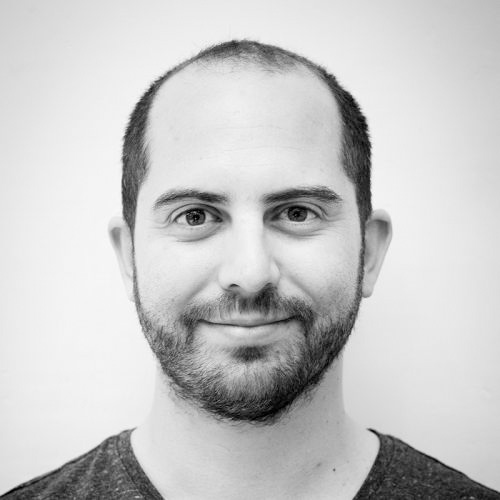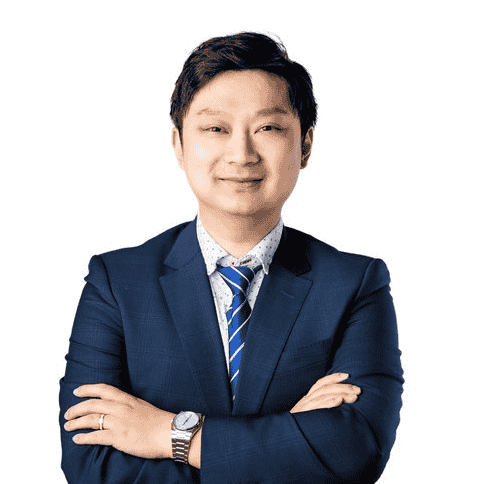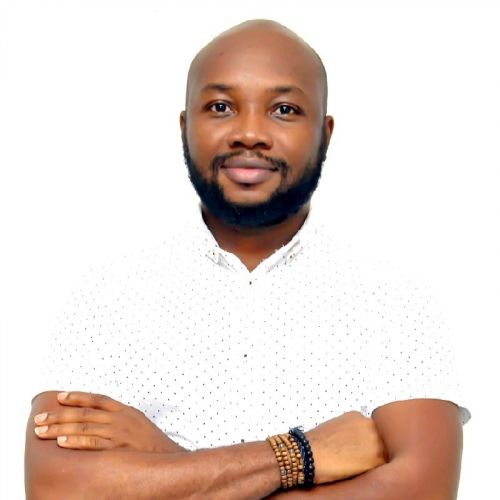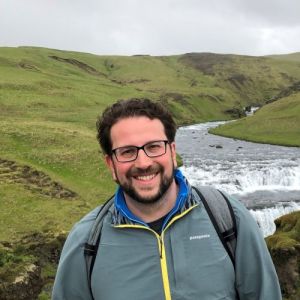How Pixza is giving Socially-Abandoned Adults a Second Chance in Life
In this #MeetTheMB100 interview, Alejandro Souza, Founder of Pixza and Wemerang, explains how they are hiring and training socially-abandoned young adults to give them an improved quality of life.
This interview series is sponsored by EY and Hogan Lovells.
Meaningful Business (MB): Can you tell us a bit about the issues you are trying to solve and why you selected them
Alejandro Souza (AS): We employ and empower young adults in a social abandonment profile. That means 17-30 years old with at least two of the following six characteristics: are homeless, have a history of drug abuse, have a criminal record, have no formal education, are migrants, refugees or have been deported, and have been abandoned by their family.
In Mexico, 70% of the population has at least one of these characteristics and only 30% of them manage to move out of that profile and have a better future. While researching the problem, we realised that there were many players doing excellent work in prevention, rescue, and rehabilitation of socially abandoned populations. But nobody was focused on inclusion and reinsertion. This meant we had a broken system because all shelters were full and no companies were stepping up to give rehabilitated youth a second chance. We saw a huge opportunity to be the first company who exclusively hired this population, and gave them a 12-month multidimensional empowerment programme to help them move out of that profile for good.

Alejandro Souza, Founder, Pizza & Wemerang
MB: How is your work tackling those problems, and what impact are you having?
AS: We offer a 12-month empowerment programme called the ‘Route of Change’ that has three main pillars: formal employment, socio-emotional skills development, and independent living.
For formal employment, we exclusively hire young adults in a social abandonment profile. We put them through a rotational programme where they learn about all aspects of our business and the end goal is for them to become branch managers. We also give them a debit card for financial inclusion and help them secure an identity by getting all of their official paperwork ready.
For socio-emotional skills development, we created 15 interventions, based on positive psychology, neuroscience and coaching to develop 13 socio-emotional skills. We monitor their development and measure multidimensional well-being before and after the programme using tools from positive psychology.
And for independent living, we help our collaborators find a job post graduation and move into their own apartment.
We’ve been operating for eight years, are the world’s highest ranked B-corp in food & beverages, have 200 graduates, and have an annual employee turnover rate of 40% compared to the industry average of 138%.
MB: What support do you need in order to scale your business and increase your positive impact?
AS: We are currently fundraising to scale our business. In addition to opening up more shops, we’ve identified three new lines of business that will help us grow exponentially: retail, franchises, SaaS.
We’ve begun selling our pizzas in frozen form across multiple retail outlets so people can enjoy our product in their homes, but we need to build a central cooking facility that will enable us to fulfil growing demand and place our product in big supply chains that demand very high production levels.
For the franchising model, we’d like to partner with local social entrepreneurs who are passionate about our mission so we can open up shops internationally.
In terms of SaaS, we plan to help other restaurants and companies become inclusive and empowering workplaces by hiring young adults in a social abandonment profile just like us. We’ve digitised our pedagogy and are building a hiring marketplace where we certify companies and help them hire.
MB: How do you work with partners and the wider ecosystem to achieve your mission?
AS: We are nothing without our partners and support network. Our main strategic partners are the numerous shelters who’ve opened up their doors to us so we can recruit from their population. They take care of our teammates when they are not working with us to ensure their well-being and they help us attend to their needs together. We take care of them during the day, they take care of them at night.
In addition, we partner with numerous NGOs and foundations who help us address the various needs of our teammates. They offer their services free of charge which means we don’t have to hire specialists in-house. We are also part of the B-corp community and have the privilege of being constantly hired as their go-to impact caterer for many community events. Additionally, we partner with many local universities to offer students volunteering and practical training opportunities with us. Their work is extremely valuable to us.
MB: What is your ambition for the future of your business?
AS: We want to make inclusive hiring the new normal. We’ve proven to the world that you can run a successful for-profit, for-impact social enterprise by exclusively hiring young adults in a social abandonment profile. We want to inspire and help other restaurants and businesses to do the same because we can’t solve the problem by ourselves. We want to lead the global movement that requires companies to comply with a minimum ‘inclusion quota’ so we can finally all be part of the solution. We want to democratise inclusive hiring with our example, our research, our pedagogy and experience. Ultimately, we’d like to become a global chain operating in many countries, have our products consumed in homes all over the world through a massive retail network, and many franchisees leading the movement in their communities.
MB: How do you measure success?
AS: We measure success in three ways: number of graduates, well-being score, and independent living post-graduation.
Firstly, graduating from our programme is the first line of success because it allows our collaborators to find and use the tools they need to lead the change they care for. Graduating means they are no longer in a social abandonment profile and have the means to successfully sustain a quality of life 5x better than when they began the programme.
Secondly, well-being is a paramount indicator of success because it allows us to prove that they now manage to self-regulate emotionally and have increased their EQ. We want our graduates to not only do better but to also feel better multidimensionally, and to know what to do when they don’t.
Thirdly, independent living allows us to ensure a safety net that makes it harder for our graduates to relapse from. It empowers them to own the direction of their lives, have a home, a personal and professional life plan, and a brighter tomorrow they can sustain.
Quickfire questions
MB: Tell us a mistake you’ve learned from
AS: When we first started, we hired homeless young adults who were still living on the streets. The programme failed. We quickly learned that if they did not have a roof over their heads, food security, and were free of addictions, they could never hold the job. We started recruiting from shelters directly and the programme flourished.
MB: How do you spend your time away from work?
AS: My time away from work is dedicated to my family, friends, and myself. I love playing with my two 1-year olds, going for long runs, reading, going out for dinner/drinks with friends, nature walking, and talking to my wife.
MB: What’s the best piece of advice you’ve ever received?
AS: “Don’t sweat the small stuff, and it’s all small stuff”. Having a winning mindset is crucial for founders. That involves being able to see the bigger picture and not getting overwhelmed by insignificant details. Learning where to focus your energy is vital.
MB: What is something you wish you were better at?
AS: Coding. I wish I could build products myself and not have to outsource it. No-code tools are becoming more and more powerful but I’d still love to be able to code away, build, and move as fast as I wanted to without relying on someone else.
MB: What is the one book everyone should read?
AS: Thus Spoke Zarathustra by Friedrich Nietzsche. I’ve found philosophy to be profoundly helpful for entrepreneurship. This book outlines a journey of personal overcoming, empowerment, and evolution, something each founder goes through when they voluntarily choose to ride the entrepreneurial roller coaster.
Discover the other leaders recognised on the 2022 MB100, for their work combining profit and purpose to help achieve the United Nations Global Goals, here.








